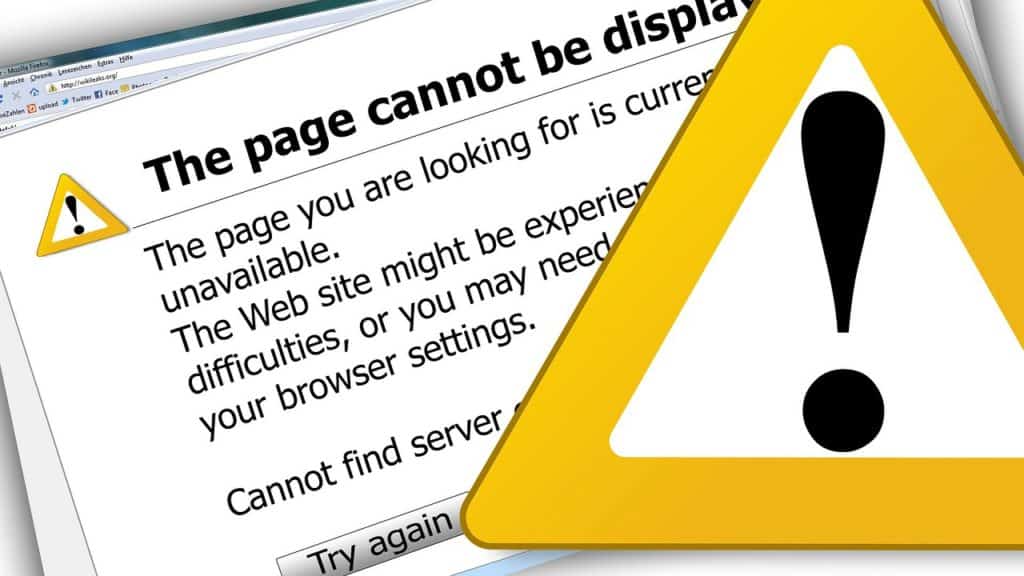Often, success in business comes from taking risks. You don’t get to the top without dicing with danger at some point in your entrepreneurial career, but there are certain scenarios when you should never play with fire.
Disasters can hit any business, regardless of whether you own a small startup or an international company. If you’re a business owner, you should understand the difference between taking calculated risks and putting your business on the line.
Here are some simple ways you can steer clear of disaster.
Managing legal issues
Any business owner has responsibilities when it comes to ensuring that their company is compliant with legislation. If you employ people, for example, you need to make sure that their working environment meets health and safety standards, and you should understand every individual’s rights. When you’re not up to scratch with the legalities of running a business, you may be liable for legal action.
If your office isn’t deemed safe, for example, and an employee is injured at work, you may be liable for a work injury compensation claim.
Whether you’re new to business or you’ve been in the game for a long time, it pays to have a legal expert in your corner. It’s always better to seek advice and double check that what you’re doing is legal rather than taking risks, which may cost you in the long-run. For more information, you’ll find pages like https://www.entrepreneur.com/article/245438 useful.

Protecting yourself and your business
If you run a business, it’s not just essential to protect the premises in which you work. It’s important to minimize the risk of burglaries if you own an office, a studio or a warehouse, but it’s also essential to protect yourself.
Make sure you have insurance to cover whatever you own, as well as the work you do.
Contractors, for example, can take out policies from companies like www.kingsbridge.co.uk. If you make a mistake, you don’t have to resign yourself to going bust or paying out a huge amount of money to a client.
With the right insurance, you can recover quickly without worrying about financial ruin. If you don’t already have business insurance, look into the options available to you now. Whether you’re self-employed and you work alone, or you employ hundreds of people, you should be able to find a suitable policy.

Preventing technical hitches
Today, most of us will admit that we’re reliant on technology. We use gadgets all day, every day, and we’re spending more and more time on phones, tablets, and laptops. Technology is responsible for a diverse range of actions and jobs within the world of business.
From manufacturing to marketing, technology plays an incredibly important role. This means that even a minor glitch can be very costly. If you operate in e-commerce, and your website crashes, even for a minute, you could lose out on hundreds of orders or sales.
It’s not always possible to prevent every technical problem, but investing in the best security software and ensuring you have access to support services 24 hours a day can help to minimize the impact of unwanted hitches.

Enhancing your reputation
In business, reputation is everything. If you can establish a brand that is trusted, you’re likely to do well. In contrast, bad PR can upset the applecart and ultimately, have a detrimental impact on the balance sheets. As a company manager, it’s essential to understand the importance of customer service.
Your customers are the people who are going to make or break you. In an age when we’re glued to our phones, for example, there’s nothing more valuable than positive reviews. When you’re looking for a local electrician or hotel, as a consumer, you’re going to opt for those that have glowing reports.
Value your customers, ensure that you do everything possible to make sure every client enjoys a positive experience, and use feedback. Negative feedback can often be even more useful than good comments. If there are issues, your clients can help you identify them, and then you can take action.

With any business venture, there are risks involved. Some of the most successful entrepreneurs are self-confessed risk takers. However, there are certain instances when it’s never wise to gamble.
You may take a risk when it comes to putting more money into the company or working on a new product, but when it comes to legal issues, preventing technical hiccups and protecting your business, the work you do, and your reputation, it pays to proceed with caution.


